How to Manage Your Federal Point of Contact in 2024
USFCR
Recent Posts
How the Incoming Administration’s Policies Could Transform Federal Contracting in 2025
Nov 15, 2024 2:38:24 PM / by USFCR posted in Guides, News, Federal Spending
With a new presidential administration set to take office, federal contractors are poised on the brink of significant changes in policy that could reshape the landscape of federal procurement. From plans to reduce regulatory burdens to strengthening the Buy American initiative and enhancing supply chain security, these shifts may present both opportunities and challenges. This article explores how these anticipated policies might impact contractors and offers strategies to align with these changes effectively.
What is Transactional Data Reporting? How It Affects GSA Contractors
Nov 15, 2024 9:15:05 AM / by USFCR posted in General Services Administration (GSA), Guides
Federal contractors know that staying compliant is a top priority. One such compliance requirement from the U.S. General Services Administration (GSA) is Transactional Data Reporting (TDR). TDR may initially sound intimidating, but it’s an essential aspect of doing business with the federal government—and can even work to your advantage once you understand it.
Nicole Lusardi joined USFCR as a Case Manager in June 2024. With a strong background in customer service and a passion for helping businesses succeed, Nicole brings valuable experience to her role. Prior to joining USFCR, she worked as a kindergarten teacher and at a rejuvenation spa, honing her skills in client relations and care.
Joshua Schnoop joined USFCR as a Case Manager in May 2024, bringing nearly a decade of experience in management and contact centers. Prior to joining USFCR, he served as a Workforce Management Analyst and Interim Operations Manager at a medical call center. Joshua is also a certified mechanic and holds an honorary doctorate in metaphysics.
Kyle Hayes joined US Federal Contractor Registration (USFCR) in June 2024, bringing a strong passion for helping small businesses succeed. He holds a Bachelor's degree in Business Management and Organizational Leadership with a focus on Small Business Entrepreneurship.
SAM Registration 101: Everything You Can Achieve With Your UEI and CAGE Code
Oct 25, 2024 2:21:44 PM / by USFCR posted in USFCR Academy, General Services Administration (GSA), News
If you’re aiming to break into the federal marketplace, your first step is securing a SAM registration. This crucial move opens the door to countless federal contracts, grants, and cooperative agreements. But it’s more than just compliance—SAM registration, along with your UEI (Unique Entity Identifier) and CAGE code (Commercial and Government Entity code), offers powerful tools to grow your business. Here’s a detailed look at what you can achieve once you’re registered.
The Strategic Advantage of IDIQ Contracts for Large Businesses
Oct 24, 2024 10:46:28 AM / by USFCR posted in USFCR Academy, General Services Administration (GSA), News
In the competitive world of federal contracting, large businesses are always on the lookout for opportunities that provide stability, long-term growth, and the flexibility to expand their operations. One of the most powerful tools at their disposal is the Indefinite Delivery/Indefinite Quantity (IDIQ) contract, particularly those available through the General Services Administration (GSA). For enterprises with the capacity and infrastructure to manage large-scale projects, IDIQ contracts offer a strategic advantage that can be pivotal in securing a steady stream of revenue and business growth.
The Competitive Edge of Being on the USACE Pre-Approved Subcontractor List
Oct 9, 2024 4:27:17 PM / by USFCR posted in Guides, Federal Spending
Why the U.S. Army Corps of Engineers’ Pre-Approved Subcontractor List Matters for Your Business
When it comes to working with the U.S. Army Corps of Engineers (USACE), few opportunities are as valuable as being a subcontractor on one of their many important projects. The Army Corps is involved in a wide range of infrastructure initiatives, from flood control and environmental restoration to military construction and disaster recovery.
Simplified Acquisition Procedure: A Guide for Federal Contractors
Oct 8, 2024 9:42:21 AM / by USFCR posted in USFCR Academy
Simplified Acquisition Procedure: A Guide for Federal Contractors
The Simplified Acquisition Procedures, detailed in the Federal Acquisition Regulation (FAR) Part 13, provide a more streamlined approach to federal purchasing. These procedures are designed to make the acquisition of supplies and services quicker and less burdensome for the government.
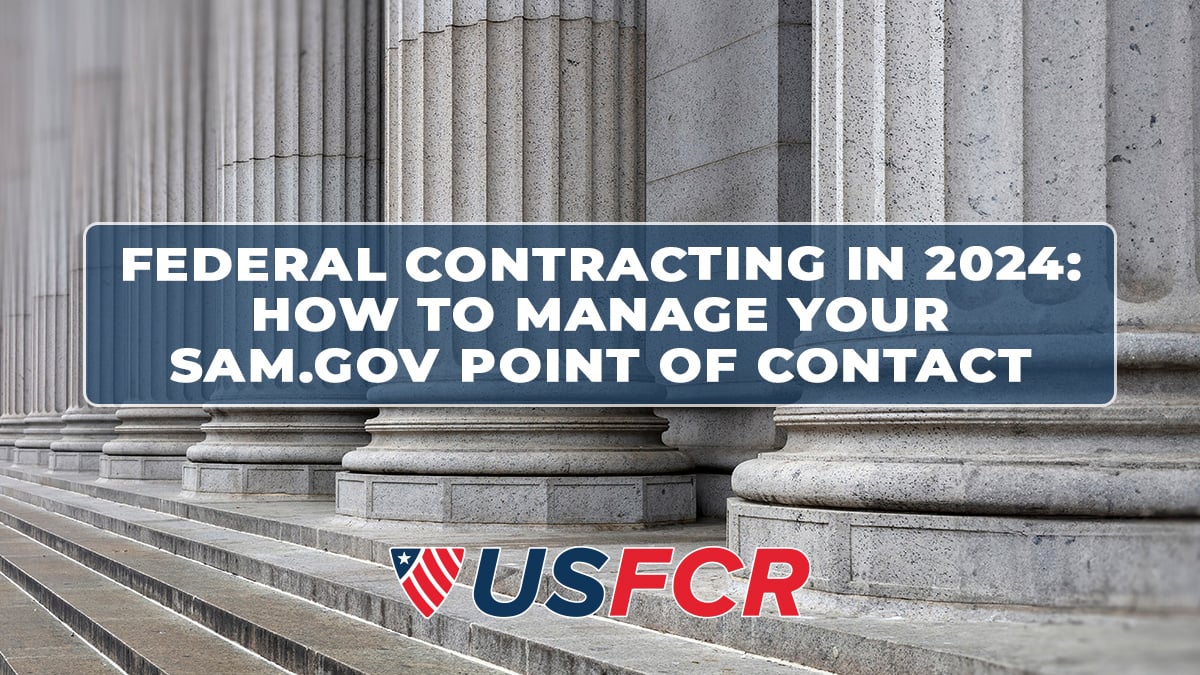
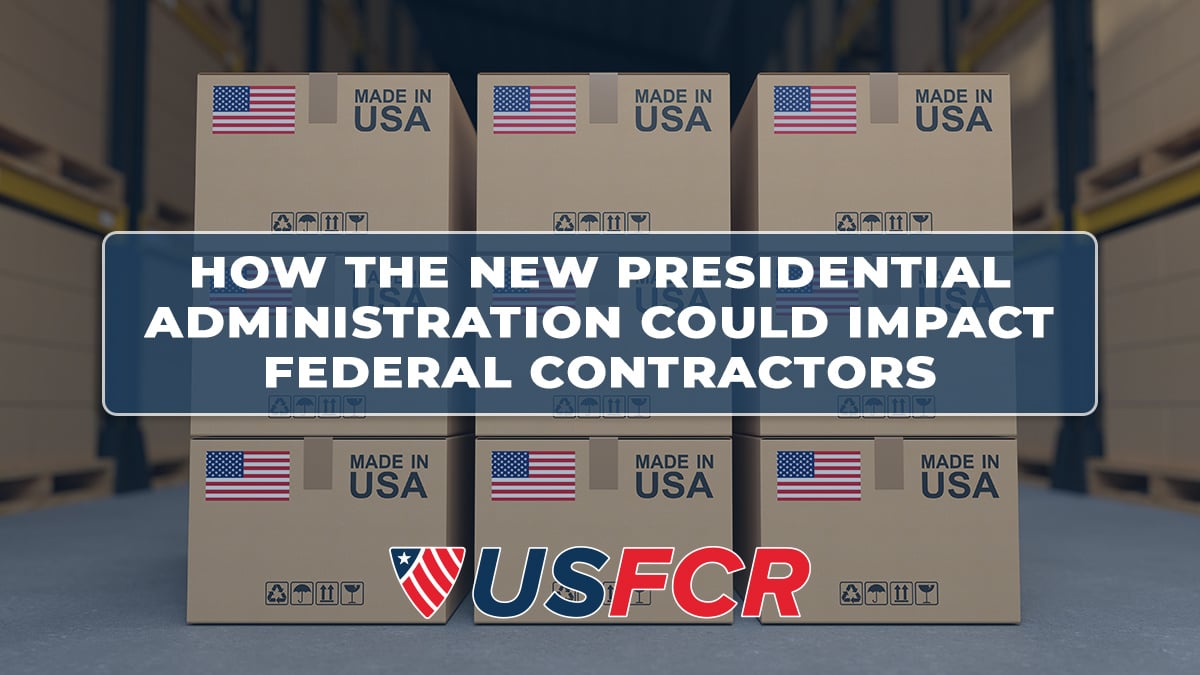
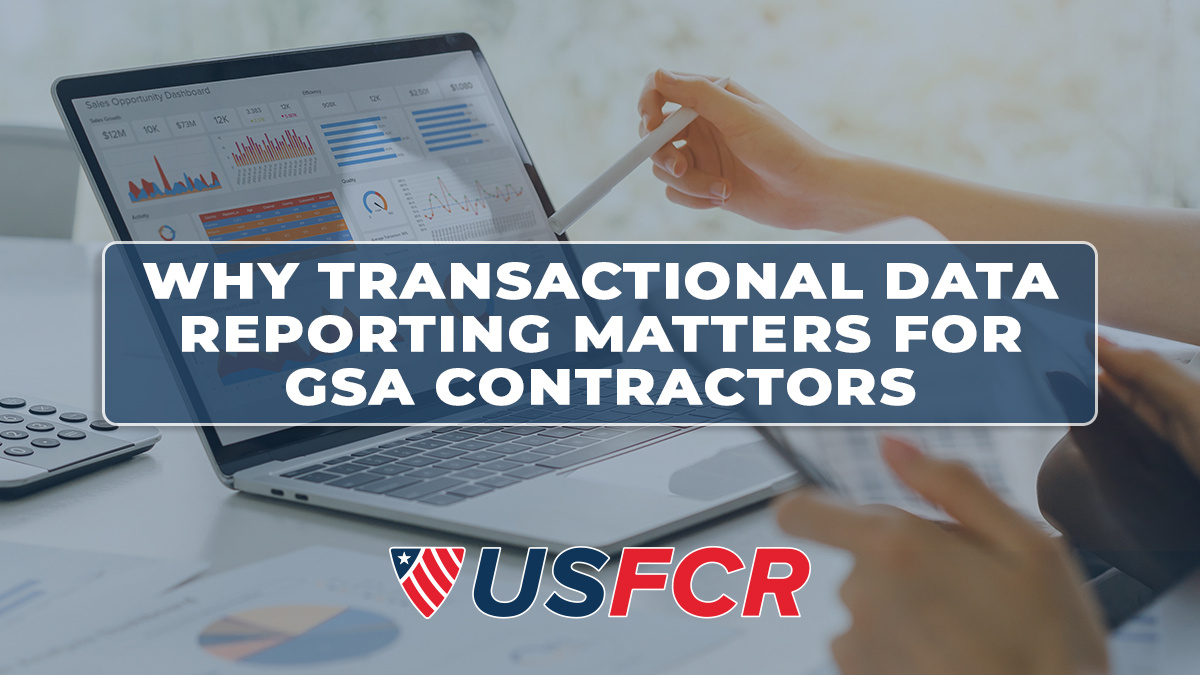
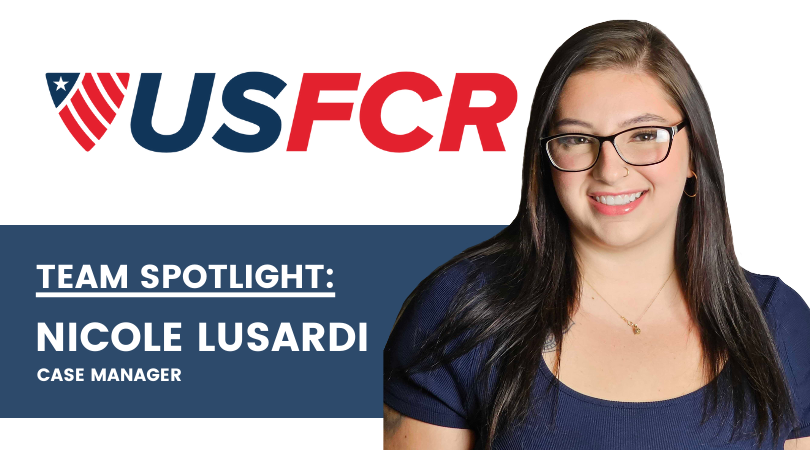

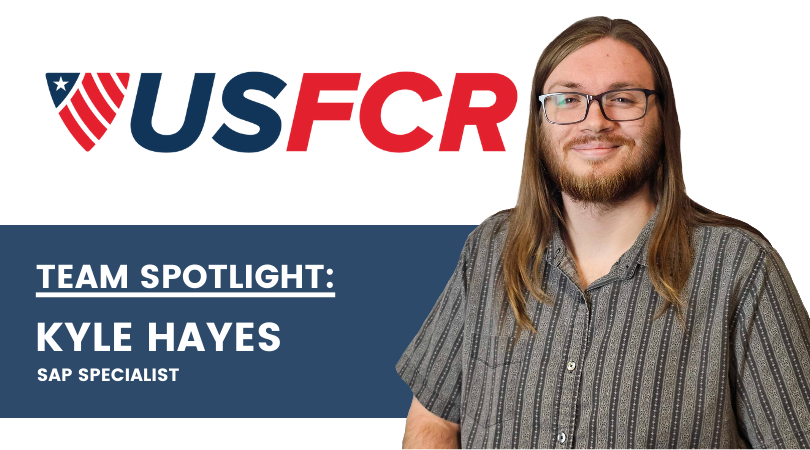
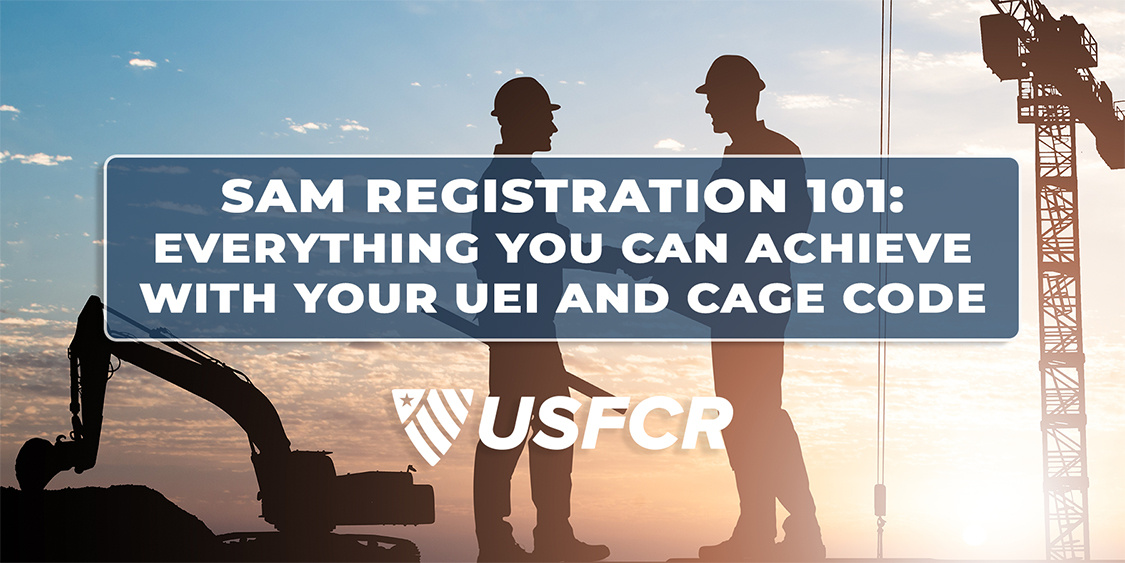
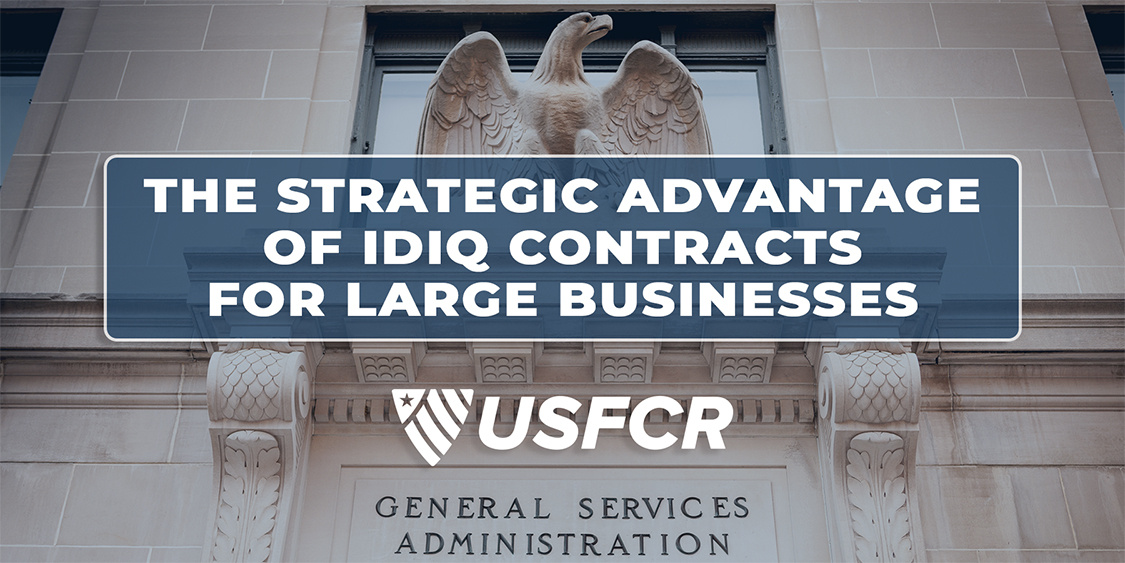
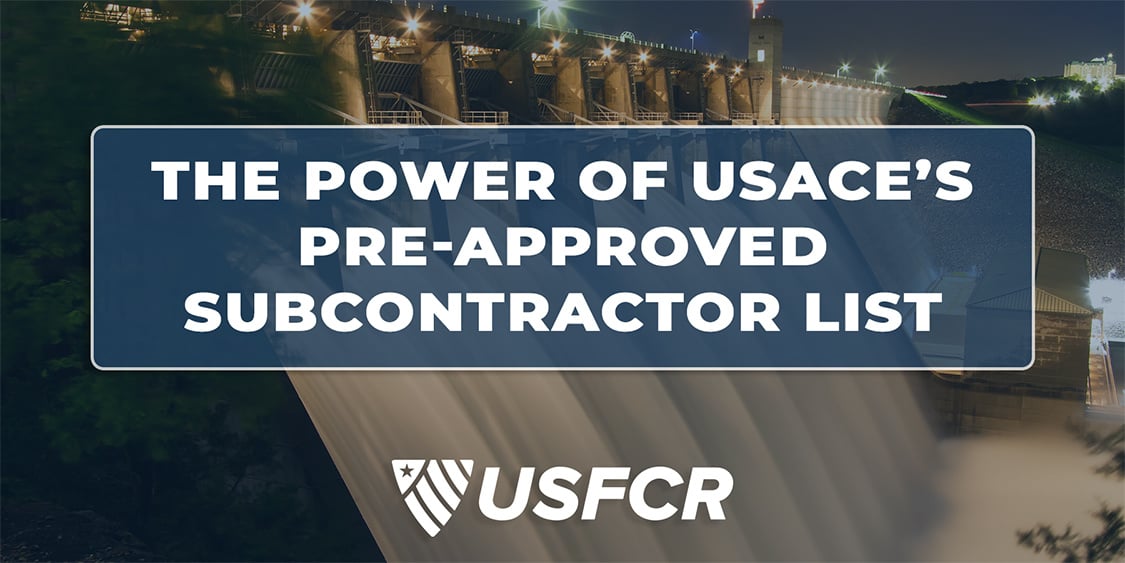
.png)
